On November 8, an in-depth dialogue on the future of digital intelligence health was opened at the “Digital Intelligence Health Forum” held during the Wuzhen Summit of the 2025 World Internet Conference. On site, Luo Fengming, Dean of West China Hospital at Sichuan University, shared his views on the deep integration of artificial intelligence and the entire healthcare chain in the future, digital technology serving people’s health, and assisting in the high-quality development of Chinese healthcare.
The trend in the application of artificial intelligence in healthcare is’ artificial+intelligence ‘. In Luo Fengming’s view, due to the particularity of the medical industry, current artificial intelligence can only serve as an auxiliary tool to help doctors improve efficiency and accuracy, and enhance patient comfort during visits.
It is worth noting that medical big models and AI intelligent agents have played a role in disease diagnosis and clinical daily work, especially in the continuous iteration of enabling “human doctors who do not understand programming to collaborate efficiently with AI”. He used his previously released intelligent agent as an example to talk about how in the past, artificial intelligence may only be able to understand 20-30% of Sichuan dialect, but now AI can basically understand over 95% of Sichuan dialect.
Building a platform for collision of ideas
Leading the healthcare industry towards a new stage of digitization
This year, the Internet Conference set up the “Digital Intelligence Health Forum” for the first time, led by West China Hospital of Sichuan University. In Luo Fengming’s view, this is an inevitable choice to respond to national strategies, lead industry development, and serve human health.
Currently, the country is vigorously promoting the construction of a “Healthy China” and the “Digital China” strategy, with the deep integration of digital technology and medical health as the core engine. As a leading hospital with multiple missions in medicine, education, research, management, and prevention, West China Hospital cannot only be a technology user, but also a trend observer, standard setter, and ecological builder, “said Luo Fengming.” Hosting such a high-level international forum is a concrete action for us to actively integrate into the national strategy and lead the industry towards a new stage of digitization
This is also an inherent need to promote the high-quality development of hospitals and meet future challenges. “Luo Fengming believes that future medical breakthroughs will increasingly rely on the mining of massive medical data, the assistance of artificial intelligence, and interdisciplinary cooperation. By hosting this forum, he hopes to build a top-level platform for ideological collision, borrowing from other mountains to understand the way to attack jade. Huaxi Hospital has made some achievements in the application of digital technology, data integration and governance, and the research and application of artificial intelligence in the past, but there are also some gaps in the top international and domestic levels. We hope to introduce the world’s most cutting-edge digital technology concepts and management models, forcing us to innovate our own service models, improve medical quality and safety, transform scientific research paradigms, and enhance management efficiency
Smart health is a global issue that cannot be solved alone. Luo Fengming hopes to gather top global wisdom through the forum, allowing Chinese experts, scholars, and entrepreneurs to exchange ideas with world-class experts on the same stage. This is not only a learning process, but also a window to showcase China’s tremendous achievements in the fields of smart hospital construction, medical artificial intelligence research and development, and public health emergency management. He also hopes to use this opportunity to work with global partners to develop the “rules of the game” for digital health, and contribute “China’s solution” and “China’s wisdom” to the progress of world medicine
The intelligent agent capable of seeking medical treatment has been put on duty
Can assist doctors in planning surgeries and CT scans
Last November, West China Hospital of Sichuan University released the “West China School of Medicine” medical model, focusing on AI+diagnosis and treatment, AI+services, AI+management, and supporting innovative application scenarios of artificial intelligence; Just a week ago, West China Hospital of Sichuan University released two intelligent agent applications based on the “West China School of Medicine” medical model in Chengdu, focusing on patient experience, medical quality and efficiency, and fine management application scenarios, including patient accompaniment and medical documentation.
On site, Luo Fengming also introduced the usage of two major medical intelligent agents. He revealed that these two intelligent agents have been applied to serve patients’ diagnosis and treatment, as well as clinical doctors’ daily auxiliary work, to improve the operational efficiency of hospitals and the accuracy of diagnosis and treatment. At the same time, continuous upgrades and replacements are being made during use to further enhance patients’ medical experience and optimize the medical process. For example, in the past, this artificial intelligence may only be able to understand 20-30% of Sichuan dialect, but now it can basically understand over 95% of Sichuan dialect
However, in real-world scenarios, allowing every patient to entrust their health to machines is still constrained by various factors. Luo Fengming analyzed that the particularity of the medical industry lies in ensuring safety and avoiding secondary harm to patients, which requires avoiding the unknown and unpredictable risks that still exist in artificial intelligence at the current stage. Therefore, the current scope of application of artificial intelligence mainly lies in auxiliary diagnosis and treatment processes such as surgical planning and chest CT reading.
For example, before a patient visits the hospital, relevant information can be sent to the hospital through a mobile app, allowing doctors to understand the patient’s condition in advance and improve the depth and quality of consultations. Subsequently, artificial intelligence will analyze relevant data and provide corresponding medical guidance to enhance the medical experience; In the consultation scenario, cases can also be generated based on relevant information to reduce the workload of doctors. Throughout the entire process, doctors also need to intervene and make corrections at any time, as well as ultimately ensure quality control.
I think artificial intelligence can be used as an auxiliary tool to help doctors improve efficiency, accuracy, and enhance the positive experience of patients seeking medical treatment for promotion and application, “said Luo Fengming.
Collaborative Evolution of Artificial Intelligence and Traditional Experiments
Form a closed loop of prediction, verification, feedback, and optimization
In recent years, cutting-edge technologies represented by artificial intelligence are accelerating iteration, injecting new momentum into medical research innovation, diagnosis and treatment mode upgrading, and health management transformation. The application of artificial intelligence in medical research is also evolving at the speed of light.
What kind of “medical spark” will arise when the two meet in future traditional medical research?
Artificial intelligence is not meant to replace traditional experiments, but to enhance and reshape research paradigms. “Luo Fengming pointed out that the role of artificial intelligence in scientific research is becoming increasingly important. It is a coevolutionary relationship with traditional experiments, and to date, artificial intelligence has demonstrated revolutionary capabilities in certain specific fields, even surpassing traditional methods. For example, in the field of medical image analysis, the accuracy and efficiency of artificial intelligence in identifying lesions have reached or even surpassed the level of some experts in certain tasks.
But Luo Fengming also emphasized that biology and disease science are relatively complex, and the conclusions of artificial intelligence come from data, and their reliability is also limited by the quality, scale, and representativeness of the data. The tangible biological evidence and mechanisms provided by traditional experiments from the physical real world are an indispensable foundation for verifying artificial intelligence predictions and understanding the essence of life. Therefore, the potential for this breakthrough in the future lies not only in the one-sided situation of artificial intelligence or traditional experiments, but also in the deep integration of computational science and experimental biology.
Artificial intelligence is responsible for proposing high-value hypotheses or conducting large-scale screening and prediction, while practical science conducts more rigorous verification and in-depth mechanism exploration of these findings. The two can actually form this complementarity, forming a closed loop of artificial intelligence prediction, experimental verification, data feedback, and model optimization. This is a better path to accelerate the progress of our medicine, “said Luo Fengming.
In the era of artificial intelligence, where will West China Hospital go? When it comes to this issue, Luo Fengming said that the service concept of West China Hospital has now shifted from “seeing a doctor” to “health”, which is also an important step for the country to implement the health priority strategy. In terms of health management, in the long run, we can collect all our data from birth to old age through wearable devices, integrate health information such as visits to hospitals, and personalize our health. Through advanced technology, we can achieve proactive health management, rather than coming to our hospital after getting sick. These will cause disruptive changes to the entire health concept and the concept of hospital doctors
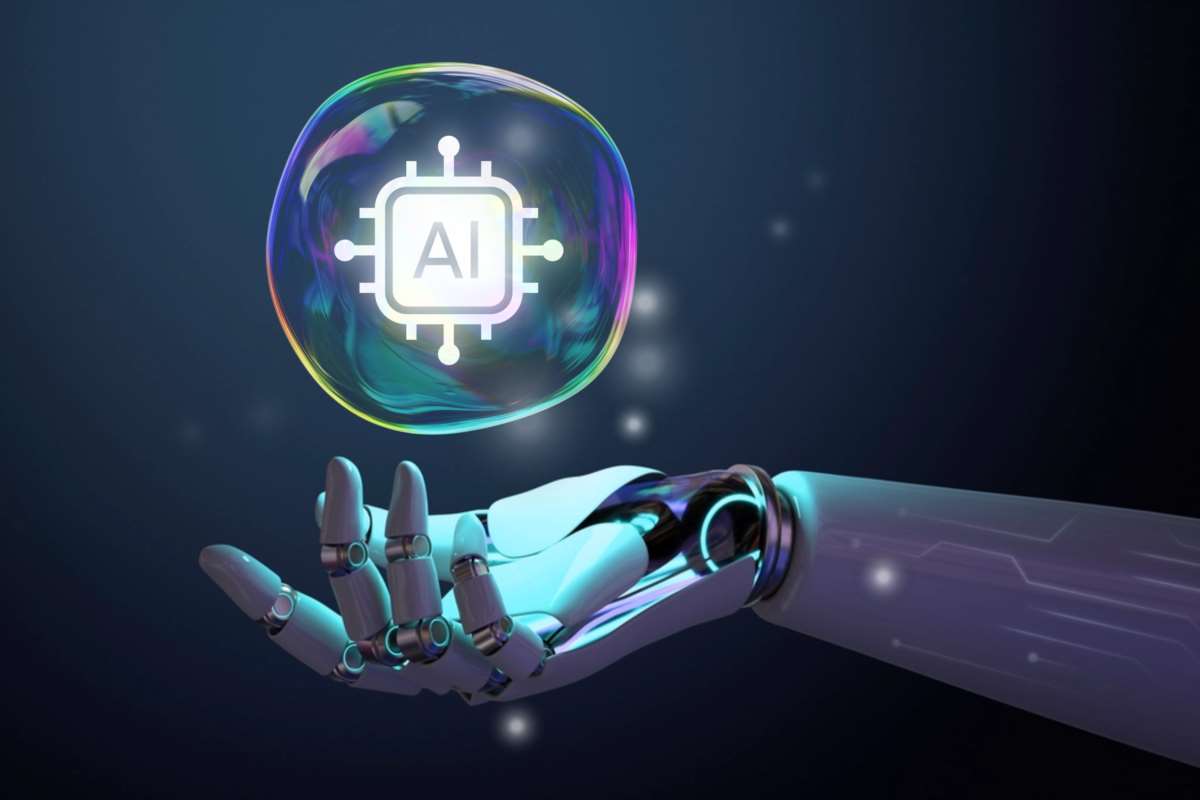



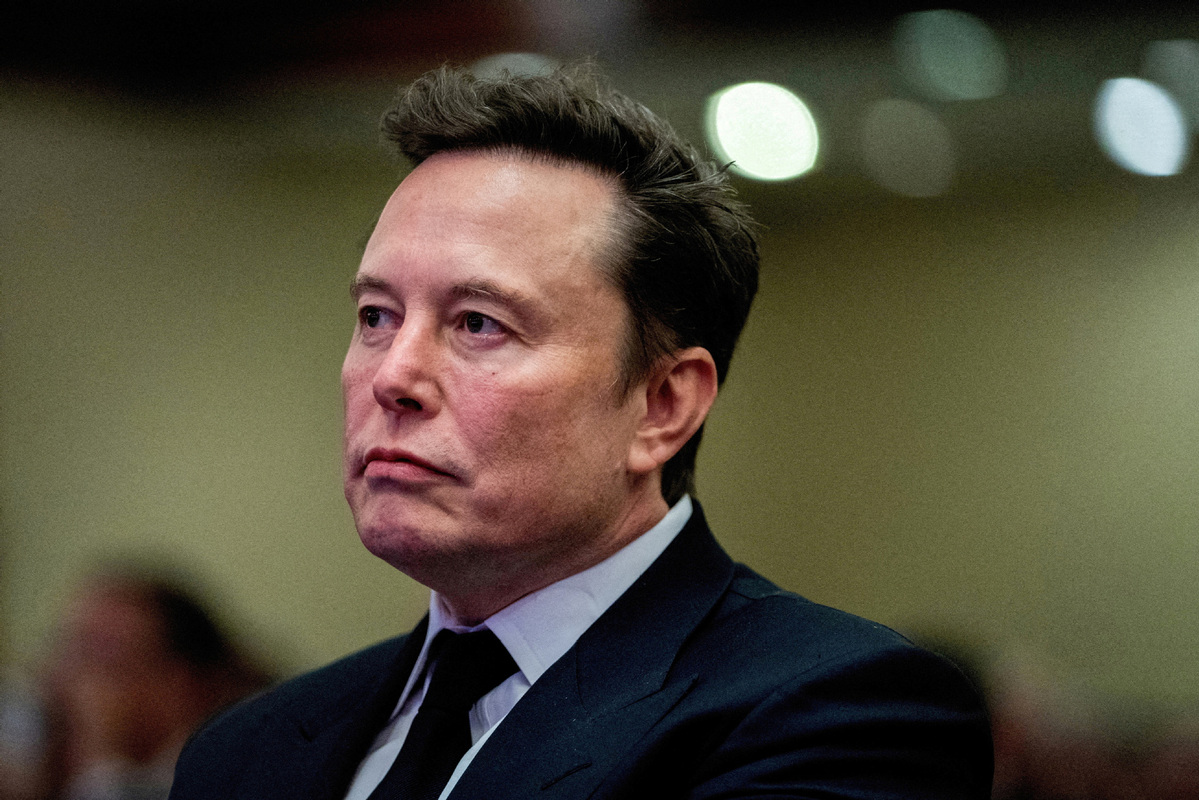

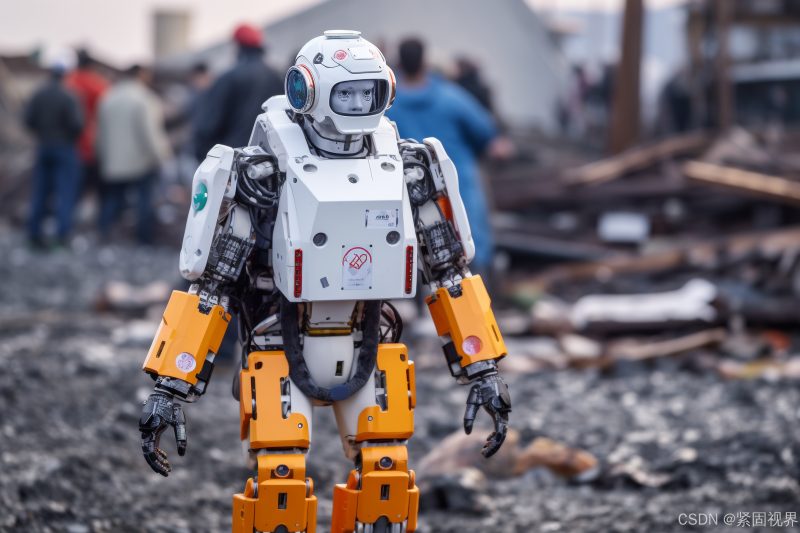

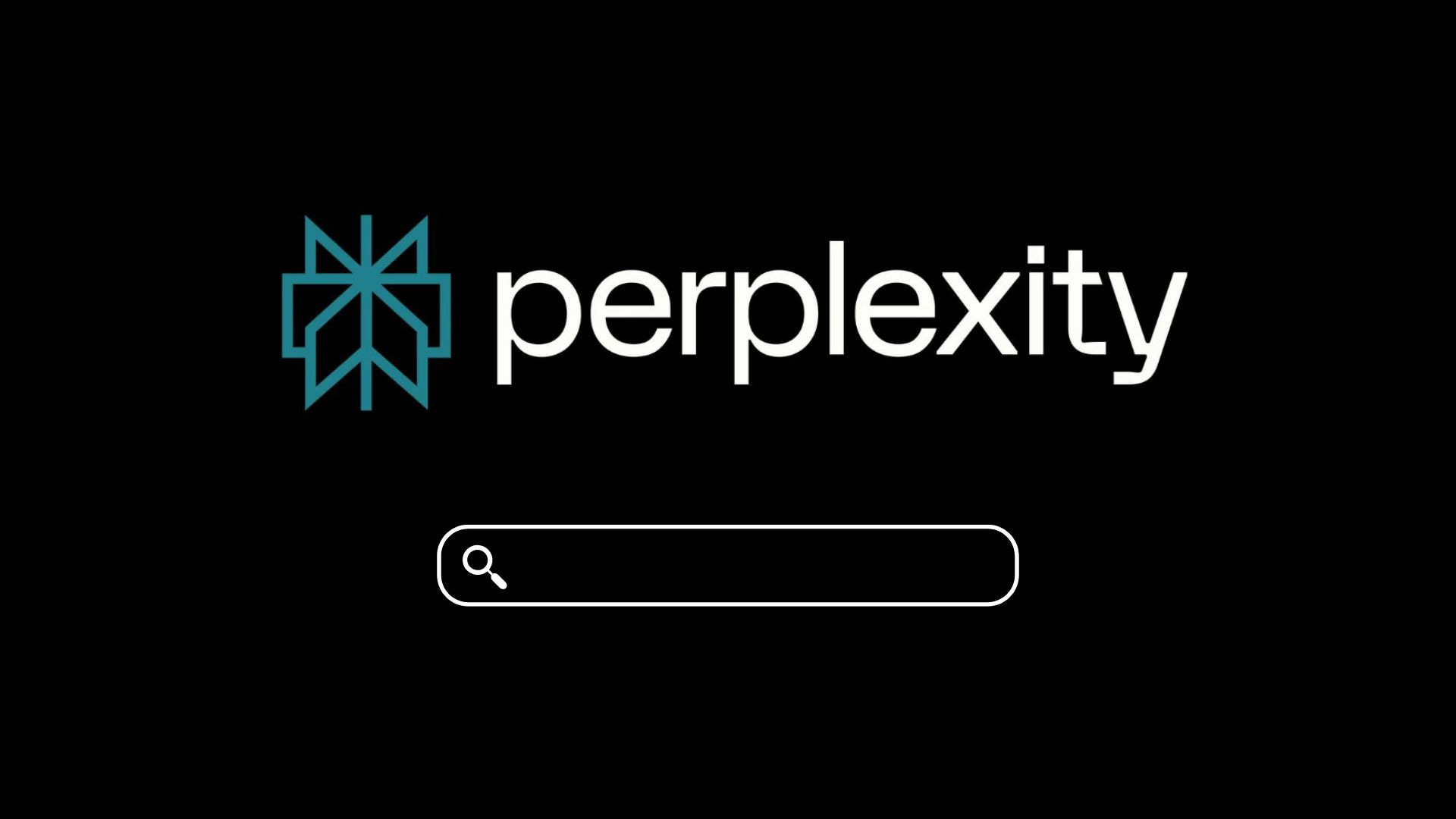


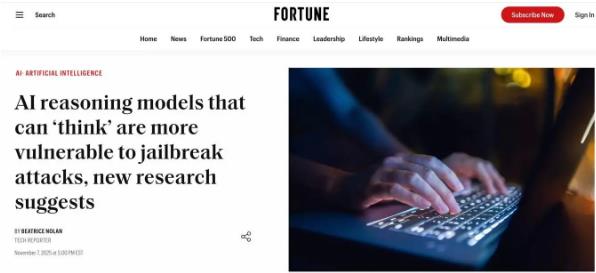


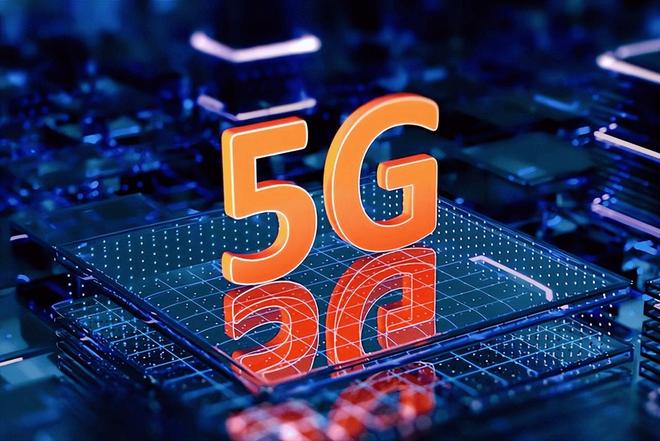
暂无评论内容